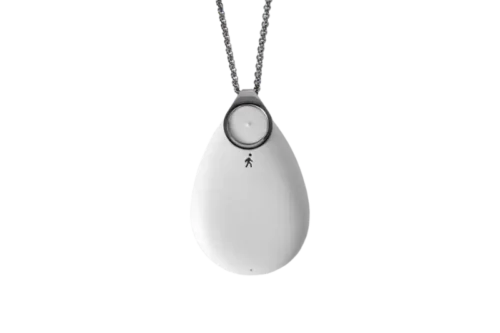
COPD – What is it?
COPD, or Chronic Obstructive Pulmonary Disease, refers to a collection of lung disorders that include chronic bronchitis, emphysema, and Chronic Obstructive Airways Disease. In COPD, the airways are narrowed, due to a variety of causes, so the air you breathe cannot flow freely in or out of the lungs.
How common is it?
COPD is one of the most common lung disorders in the UK. Usually, it affects people over the age of 35, and most people are diagnosed after the age of 50. It is estimated that 1.2 million people are living with diagnosed COPD – considerably more than the 835,000 estimated by the Department of Health. That’s because many people with COPD just dismiss their symptoms as a smoker’s cough.
What causes it?

The main culprit is smoking. You are very much more likely to develop COPD if you smoke, and the more you smoke and the longer you have been smoking, the greater the risk. In fact, 90% of those with COPD are believed to have developed it as a result of smoking. Even if you are not a smoker, being regularly exposed to secondhand smoke can be enough of a trigger.
Tobacco smoke causes inflammation and irritates the airways and the lungs themselves, resulting in scarring. In time, this scarring becomes permanent, the walls of the airways become thicker, and more phlegm is generated.
Emphysema is caused by damage to the delicate air sacs within the lungs themselves and the whole of the lung loses its normal elasticity so it becomes harder to breathe. The small airways also become scarred and narrowed. Occupations that expose people to dust, air pollution, and fumes can also contribute.
Symptoms
In many cases, COPD begins to show symptoms in the late 40s or early 50s for people with the condition due to the relatively slow rate at which it develops over a period of several years.
The more typical symptoms include:
- Breathlessness
- Frequent chest infections
- Wheezing
- Phlegmy, chesty cough
- Fatigue
- Weight loss
- Swollen ankles
- Chest pain
Diagnosis
Early diagnosis is important because the sooner treatment is started, the quicker any progression of the disease can be slowed down. A combination of the symptoms and breathing tests will usually confirm the diagnosis.
It is suggested that if you are over 35 years old, have been, or continue to be, a smoker, and are experiencing a persistence of any of the above symptoms, a visit to the doctor will be an important step to take.
Treatment
One way to slow the progression of the disorder is to stop smoking. Medication can relieve the symptoms to some extent, for example, using an inhaler to open up the airways and reduce inflammation within them. Surgery is rarely required but is useful for people with bronchiectasis where scarring of the airways is extensive.
Living with COPD
COPD can affect your life in various ways, but its impact can be managed. Keeping as active as you can, learning breathing techniques, and always taking your medication can certainly help. Changes to the home and the provision of oxygen in the later stages of the disease can also be important.
For some people their independence may be affected long term for people with COPD and for them Telecare24 Careline Services can prove invaluable as they enable people to stay living independently and safely in their own home whilst remaining in touch around the clock with loved ones and if necessary emergency services.
Their highly trained, polite, and helpful operators work 365 days a year, 24 hours a day, and provide the fastest response times compared to other providers. Telecare24 Careline Services come highly recommended.
Where to Find Help
British Lung Foundation
Tel: 03000 030 555
Email: helpline@blf.org.uk
You may also read the article by Dr. Hilary Jones on managing COPD for more information.
Thank you for reading this article. We hope you found it helpful. For more information like this, please visit our blog.




